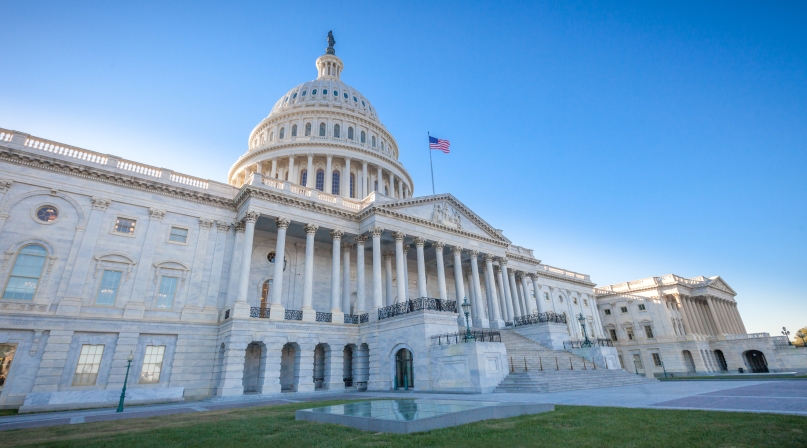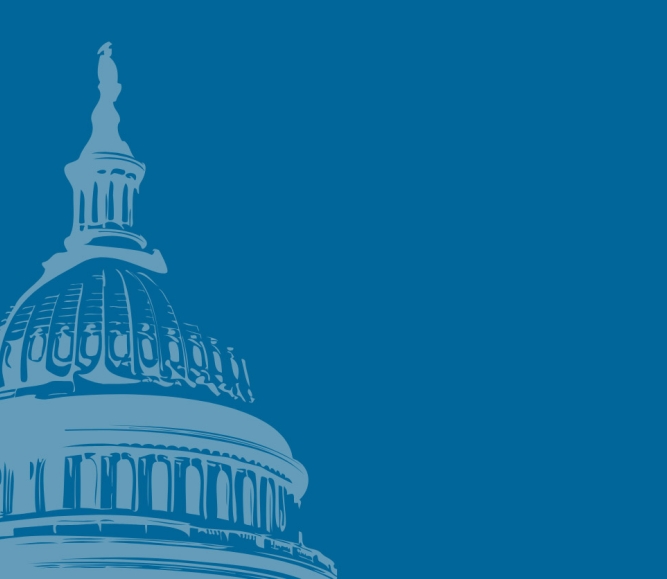Congress reintroduces legislation to reauthorize the HOME Investment Partnerships Program
Author

Julia Cortina
Upcoming Events
Related News

Key Takeaways
On January 23 and January 25, Senator Catherine Cortez Masto (D-Nev.), Representatives Joyce Beatty (D-Ohio) and John Garamendi (D-Calif.) reintroduced the HOME Investment Partnerships Reauthorization and Improvement Act (S.3644/H.R.7075). The bicameral legislation reauthorizes the U.S. Department of Housing and Urban Development’s (HUD) HOME Investment Partnerships (HOME) Program, incrementally increases the program’s authorization levels until 2028 and makes several changes to the program to increase flexibility.
What’s in the bill?
The HOME Investment Partnerships Reauthorization and Improvement Act (S.3644/ H.R.7075) makes several changes to the HOME Program, including:
- Authorizes $5 billion in HOME funding for Fiscal Year (FY) 2024 and increases funding for the program five percent annually through FY 2028
- Increases access to HOME funds for nonprofits and provides counties and states and loan guarantee options that would allow them to leverage their future HOME funds for investments today
- Streamlines and coordinates property inspections for HOME-assisted properties
- Improve HOME’s ability to provide down payment assistance to homebuyers and home repair assistance to homeowners
- Enables HOME funds to support Community Land Trusts and other shared equity homeownership programs
- Eliminates the 24-month commitment deadline, codifying a provision that has been included in appropriations legislation in recent years
- Establishes protections for active-duty service members to be able to sell their homes in the event of deployment, or beneficiaries in the event of a deceased relative
- Increases the administrative cap from 10 percent 15 percent, bringing the administrative fees closer to the 20 percent available under the Community Development Block Grant (CDBG) program
Why does the legislation matter to counties?
- The HOME Program is the largest federal block grant provided by HUD to state and local governments designed exclusively to create affordable housing for low-income households.
- Since 1992, the HOME program has supported more than 1.36 million units of affordable housing for renters, home buyers, and homeowners, of which a significant portion are targeted to very low-income or extremely low-income households.
- The program leverages $4.76 in public and private funds for every dollar in HOME funding, has supported more than 2 million jobs, and has generated more than $131 billion in local income
- The HOME program has not been reauthorized since 1994 and is chronically underfunded, receiving only $1.5 billion in FY 2023. Increasing authorization levels would significantly increase federal resources available to counties to address the housing affordability crisis
Resource
Restore Funding for HUD's Home Investment Partnerships (HOME) Program

Related News

Counties Celebrate House Passage of Housing for the 21st Century Act
NACo celebrates the passage of the bipartisan Housing for the 21st Century Act (H.R. 6644) in the U.S. House of Representatives by a vote of 390-9.

